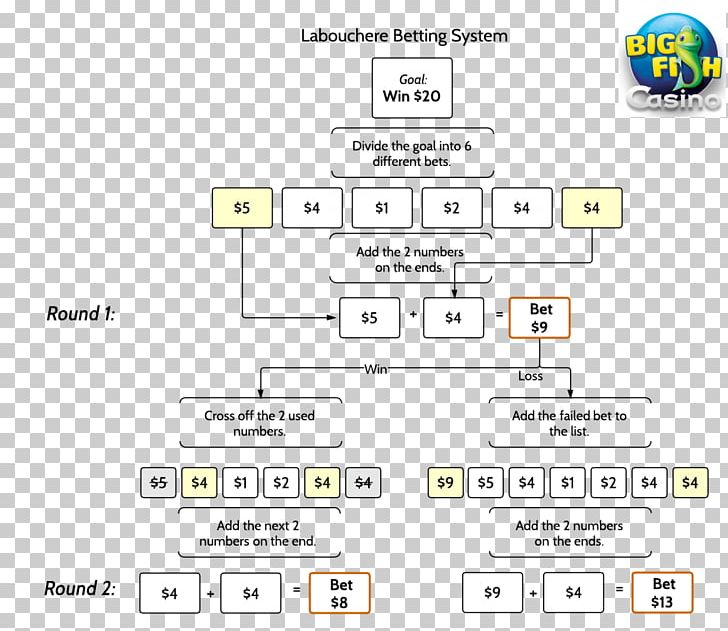Blackjack Betting Strategy
Blackjack strategy Basic strategy. Each blackjack game has a basic strategy, which prescribes the optimal method of playing any hand against any dealer up-card so that the long-term house advantage (the expected loss of the player) is minimized. Unlike many betting mechanisms, blackjack strategy is a proven system based on scientifically studying the statistics and probabilities behind every potential play. That doesn’t mean every play will have a predictable outcome because luck always plays a role. Blackjack Betting Strategies are quite popular, especially since the game has been featured in hit movies like Rain Man, 21 and The Hangover. No matter what the game, there is one universal rule; if the casino spreads the game, someone has developed the “perfect” betting strategy. Blackjack in a 6 deck or 8 deck shoe in Vegas typically pays 3:2, but there is a recent and disturbing trend for the big casinos to have blackjack tables that only pay 6:5 on tables with a shoe. The casinos are targeting casual players that are not aware of this difference. Be sure to find the tables that pay 3:2! Blackjack pays 3:2.
A betting strategy (also known as betting system) is a structured approach to gambling, in the attempt to produce a profit. To be successful, the system must change the house edge into a player advantage — which is impossible for pure games of probability with fixed odds, akin to a perpetual motion machine.[1] Betting systems are often predicated on statistical analysis.
Mathematically, no betting system can alter long-term expected results in a game with random, independent trials, although they can make for higher odds of short-term winning at the cost of increased risk, and are an enjoyable gambling experience for some people. Strategies which take into account the changing odds that exist in some games (e.g. card counting and handicapping), can alter long-term results.[1][2][3]
Blackjack Betting Strategy Reddit
This is formally stated by game theorist Richard Arnold Epstein in The Theory of Gambling and Statistical Logic as:

Theorem 1: If a gambler risks a finite capital over many plays in a game with constant single-trial probability of winning, losing, and tying, then any and all betting systems lead ultimately to the same value of mathematical expectation of gain per unit amount wagered.[1]
Examples[edit]
Common betting systems include:
- Card games – Card counting
- Roulette – Martingale
- Sports – Handicapping
Horse racing[edit]

Some Horse racing betting systems can be based on pure statistical analysis of the odds, while others also analysis of physical factors (e.g. the horses' form, jockey form and lane draw). Common forms of betting systems for horse racing are:

- hedging- betting on multiple outcomes in a race
- arbitrage- lay the horse a low price and back it at a high price
Blackjack Betting Strategy Chart 6 Decks

See also[edit]
References[edit]
- ^ abcEpstein, Richard A. (2014-06-28). The Theory of Gambling and Statistical Logic, Revised Edition. Gulf Professional Publishing. p. 53. ISBN9780080571843.
- ^Shackleford, Michael. 'The Truth about Betting Systems - Wizard of Odds'. wizardofodds.com. Retrieved 2017-10-09.
- ^Burrell, Brian (1998). Merriam-Webster's Guide to Everyday Math: A Home and Business Reference. Merriam-Webster. p. 226. ISBN9780877796213.